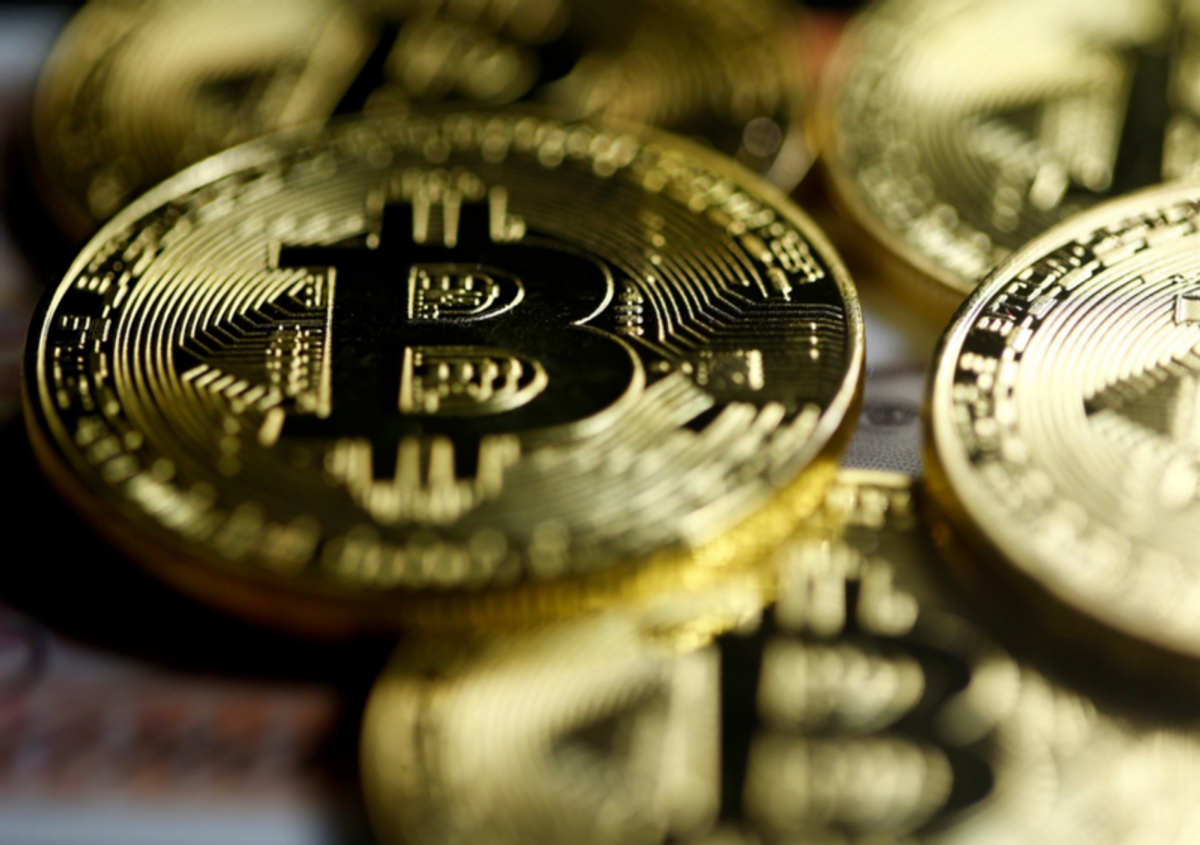Here’s another digital-age story. Last month, Venezuelan President Nicolas Maduro announced plans for a “sovereign cryptocurrency.” It will be known as the “petro” because it’s backed by crude oil. Maduro says Venezuela will raise $5.9 billion by issuing 100 million units of the new digital coinage at $59 apiece. Venezuela’s opposition-led Congress says this is illegal.
I don’t get it, and I’m not sure Nicolas Maduro does either, but apparently Russia, China, Iran, India, and Estonia are also considering some form of sovereign digital currency. I better ask Kevin Allison what’s going on.
Hey Kevin, what’s a sovereign cryptocurrency?
Good morning, Willis. It’s digital money that uses clever computer code to let people buy things without going through a bank or other financial intermediary. Bitcoin, the first cryptocurrency, was created as an alternative to government-issued fiat money. But a sovereign digital currency would be issued by the state — in the case of the petro, a government in Venezuela that has presided over disastrous hyperinflation.
How is a cryptocurrency different from the money in my wallet?
Your cash, known as fiat money, is backed by a central bank, which can fire up the presses and print more. Cryptocurrencies are backed by code, which makes their total supply a design decision. The total number of Bitcoins that can ever be “mined” was hard-wired into the programming from the start. Other currencies, like Ethereum, don’t limit the number, but that could change. Governments will have to decide whether their cryptocurrencies’ supply would be fixed or variable.
Why would a government want a sovereign cryptocurrency?
To revolutionize commerce and governance by creating a decentralized, tamper-proof method of registering changes in — OK, just kidding. Venezuela’s government probably just wants to raise cash, evade sanctions, and counter US influence. By cutting out financial middlemen like banks, cryptocurrencies exist outside the global payments system, which runs on the US dollar. While some countries are eyeing other benefits, there’s a reason why it’s Venezuela, Russia, and Iran that are most aggressively investigating sovereign cryptocurrencies.
Why would I want to buy a sovereign cryptocurrency?
You’re right to wonder. Is the cryptocurrency secure? Is it easily convertible into cash? Would transactions be anonymous, or would they be tracked? These are open questions.
Should I care about this?
It will create financial opportunities that might not be available today in countries with underdeveloped banking systems. We should all care about that. On the flip side, national cryptocurrencies might also make it easier for governments to track what you buy and sell. That should worry anyone who cares about privacy.


















